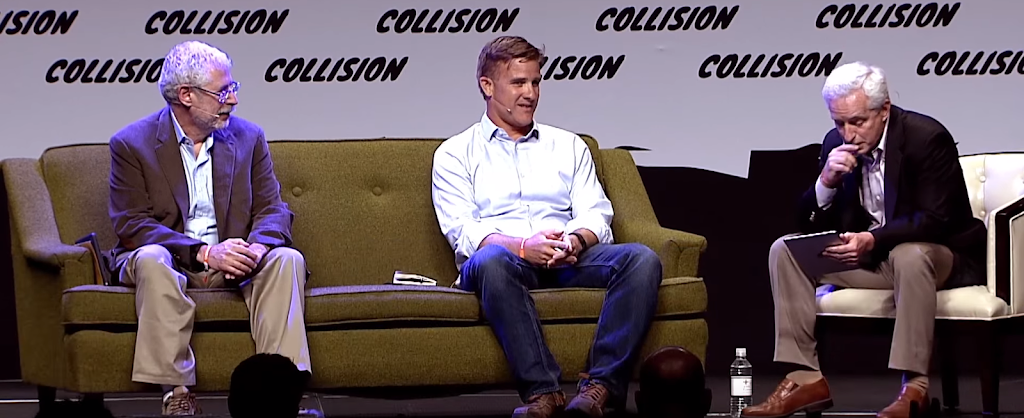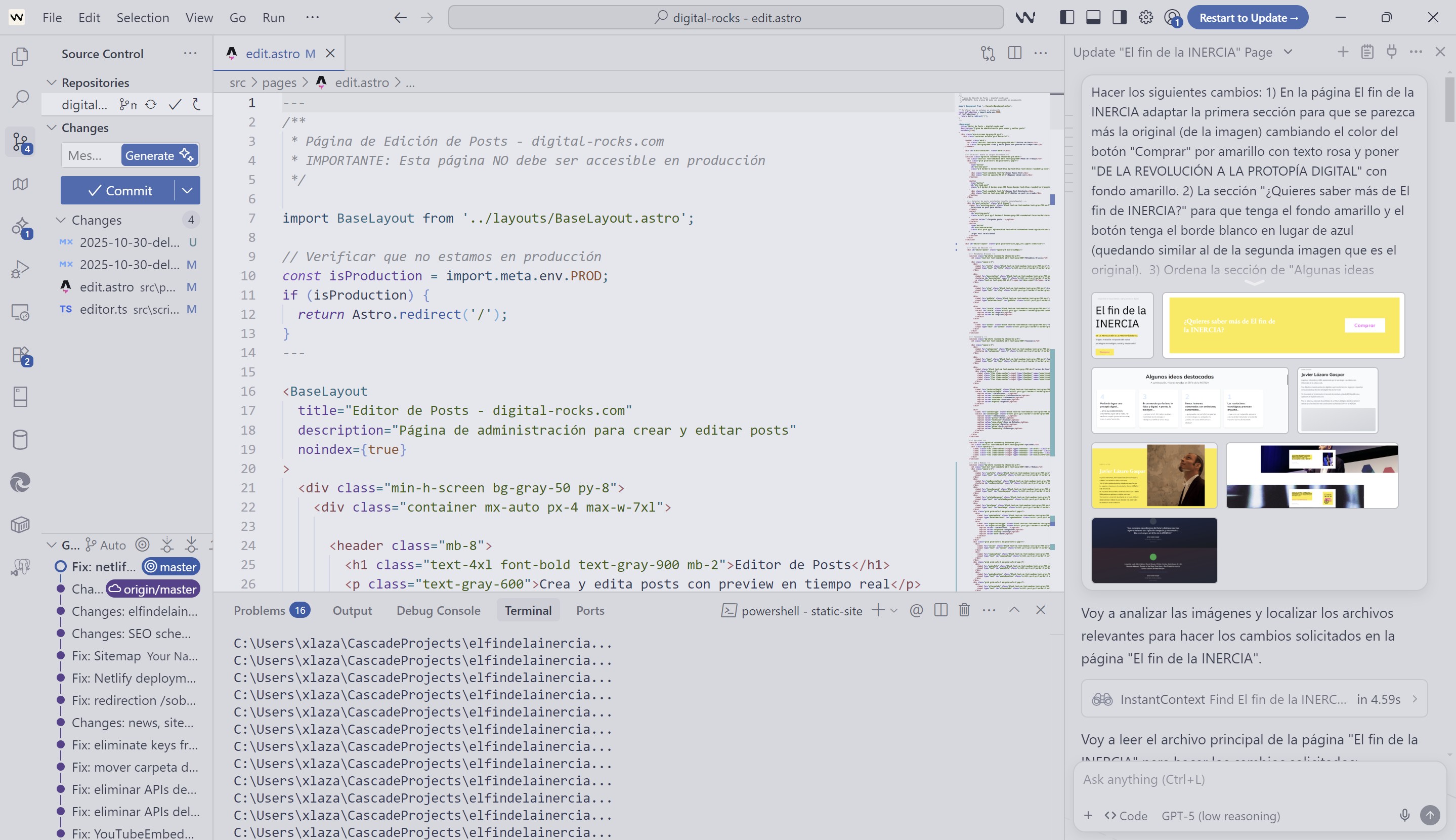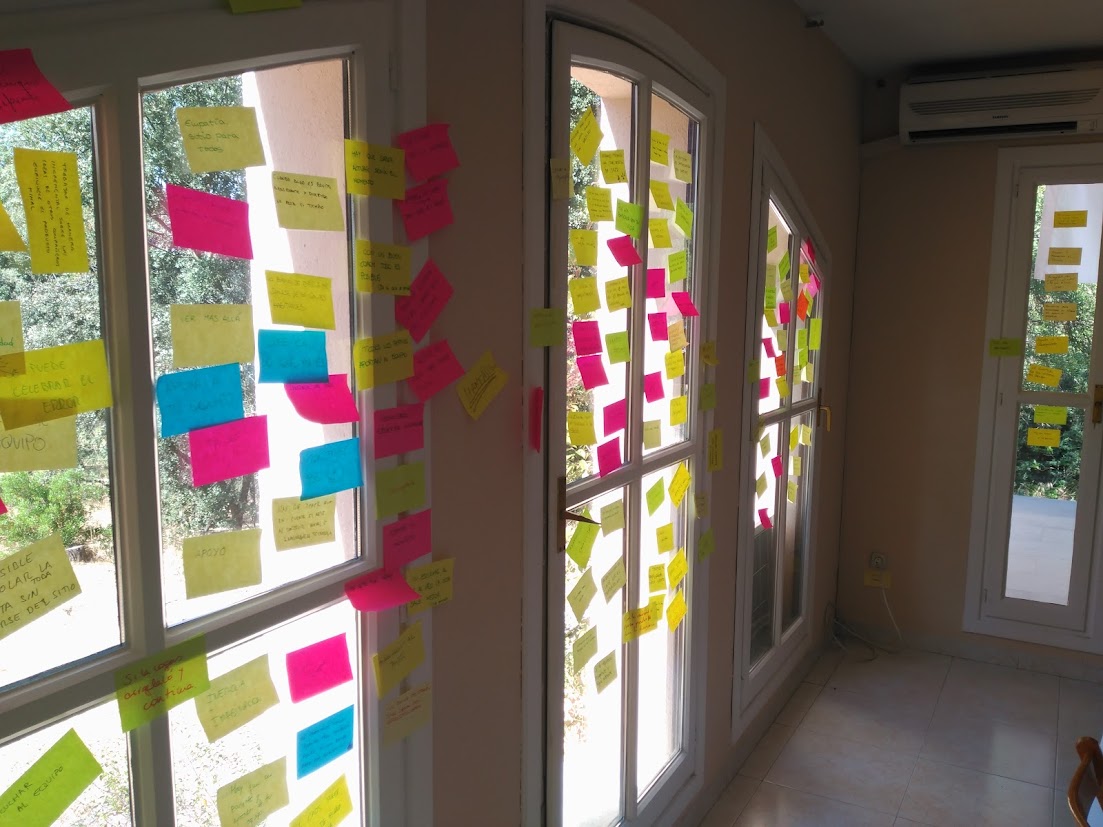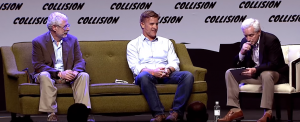When Lean Startup Meets Growth Hacking

Steve Blank, father of Lean Startup (see Lean Startup: Common Sense), and Sean Ellis from Growth Hacking shared their vision at the Collision Conference.
Both talk about how Lean Startup (or its origin, Customer Development) and Growth Hacking have transformed the way businesses are created and grown, complementing each other.
Lean Startup
As described in a previous post (Lean Startup: Common Sense), LEAN STARTUP is an approach to creating companies and launching products introduced by Eric Ries that minimizes execution time seeking greater alignment of products and services with real customer needs.
Eric Ries defines a STARTUP as an organization dedicated to creating something new under conditions of EXTREME UNCERTAINTY.
This definition breaks with classic Business Plans where the aim is to achieve certainty (even estimating cash flow for 5 years). Eric’s definition assumes the STARTUP as a learning process in which it is not viable to know (or try to know) everything in advance.
The LEAN STARTUP philosophy is based on LEAN MANUFACTURING, a philosophy conceived in Japan by Taiichi Ohno (Toyota), which aims to increase efficiency in all processes through continuous improvement and elimination of non-productive elements (“waste”).
Eric Ries combines this philosophy with his own experience in AGILE development in various high-tech startups and CUSTOMER DEVELOPMENT (by Steve Blank).
The result is a methodology for creating companies and projects focused on customers.
Growth Hacking
Growth Hacking is a marketing field focused on growing the customer/user base.
Its origin is the response to the needs of technological startups that in early stages require massively increasing their user base in a short period of time. These startups usually have tight budgets.
Since then, Growth Hacking techniques have reached all kinds of companies: small, medium, and large.
The goal of Growth Hacking strategies is to acquire the maximum number of users at the lowest possible cost.
Sean Ellis coined the term “growth hacking” after boosting the growth of companies like Dropbox, LogMeIn, or Eventbrite.
Lean Startup and Growth Hacking Together
The creation of companies and marketing are disciplines with centuries of existence that have been revolutionized in the last 20 years with the implementation of Lean Startup and Growth Hacking.
Steve Blank and Sean Ellis are behind the main business successes of recent times.
This video allows you to enjoy the knowledge and sense of humor of Steve Blank along with the experience of Sean Ellis. Below are some key ideas.
KEY IDEAS
Both avoid long-term business and marketing plans. Instead, they talk about hypotheses that must be validated through experimentation with real users.
Lean Startup involves considering the business model as hypotheses to be validated outside the laboratory using AGILE development techniques. (Steve Blank)
Lean Startup and Growth Hacking are obsessed with short iterations for testing with real users, learning, and applying conclusions. Sean Ellis asks: How many experiments can you execute in 1 week?
Magic doesn’t exist. (Sean Ellis)
But these short-term iterations and the ability to pivot based on results do not mean there is no method.
These are very demanding disciplines from a methodological point of view where it is important to identify what and how we want to test our hypotheses. Data is prioritized over hypotheses.
Data, data, and more data are the key to determining any decision.
Below is the video of this interview at the Collision Conference in 2016. Don’t miss the first 10 minutes.
STEVE BLANK AND SEAN ELLIS
Steve Blank has been the developer of Customer Development and a precursor of the Lean Startup movement. A Stanford professor and author of books like “The Four Steps to the Epiphany,” the bible of Customer Development.
Sean Ellis coined the term “Growth Hacking” and later wrote “Hacking Growth: How Today’s Fastest-Growing Companies Drive Breakout Success.” He has been the person behind the success of LogMeIn or Dropbox and is currently the CEO of Growth Hackers.
Steve Blank and Sean Ellis
THE BUT
To point out a drawback, I miss them discussing how Growth Hacking can support in the initial stages of a Startup to achieve Product Market Fit.
Sean Ellis himself mentions on other occasions the value that Growth Hacking techniques can bring to accelerate that stage, an aspect not covered in this video.
REFERENCES
Below are the references used:
RIDE
In the 90s, they were one of my favorite bands, and in 2018, I rediscovered them thanks to a Startup that will change the way we move in cities: WONDO (formerly VIALWAYS).
Enjoy Unfamiliar by RIDE, I hope you like it.
Tags
Related posts

From COBOL to Agentic AI: Transforming the Software Lifecycle
Evolution of the software lifecycle applying AI and Agentic AI

Digital Transformation: Beyond Technology
In Digital Transformation, purpose and culture are more important than technology itself.

PROTOPÍA: get familiar with the term
> "Let's avoid the DYSTOPIA (...) > "Let's avoid the DYSTOPIA (...)
All opinions expressed on this blog are personal and do not represent those of any company or organization with which I collaborate.



